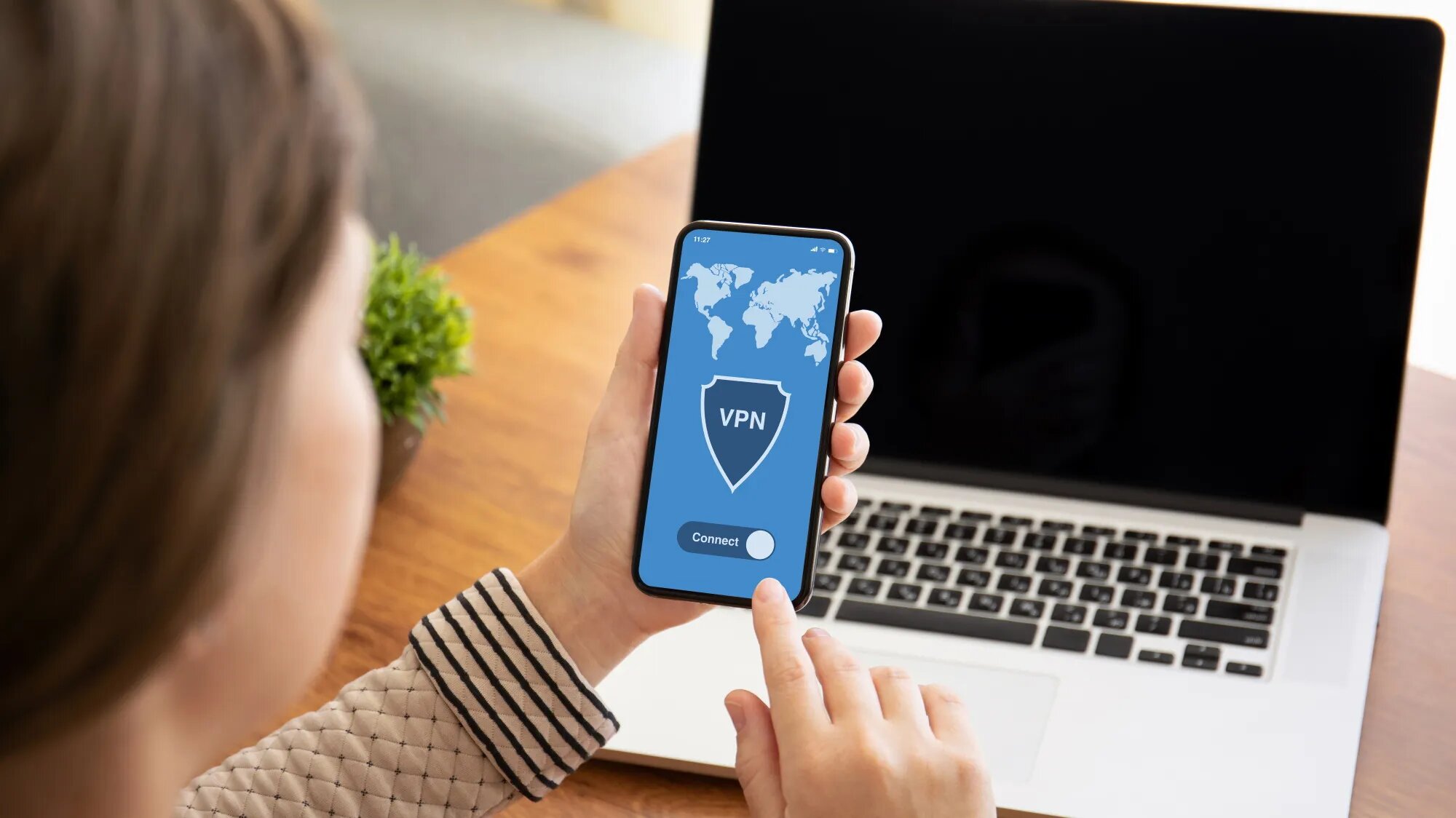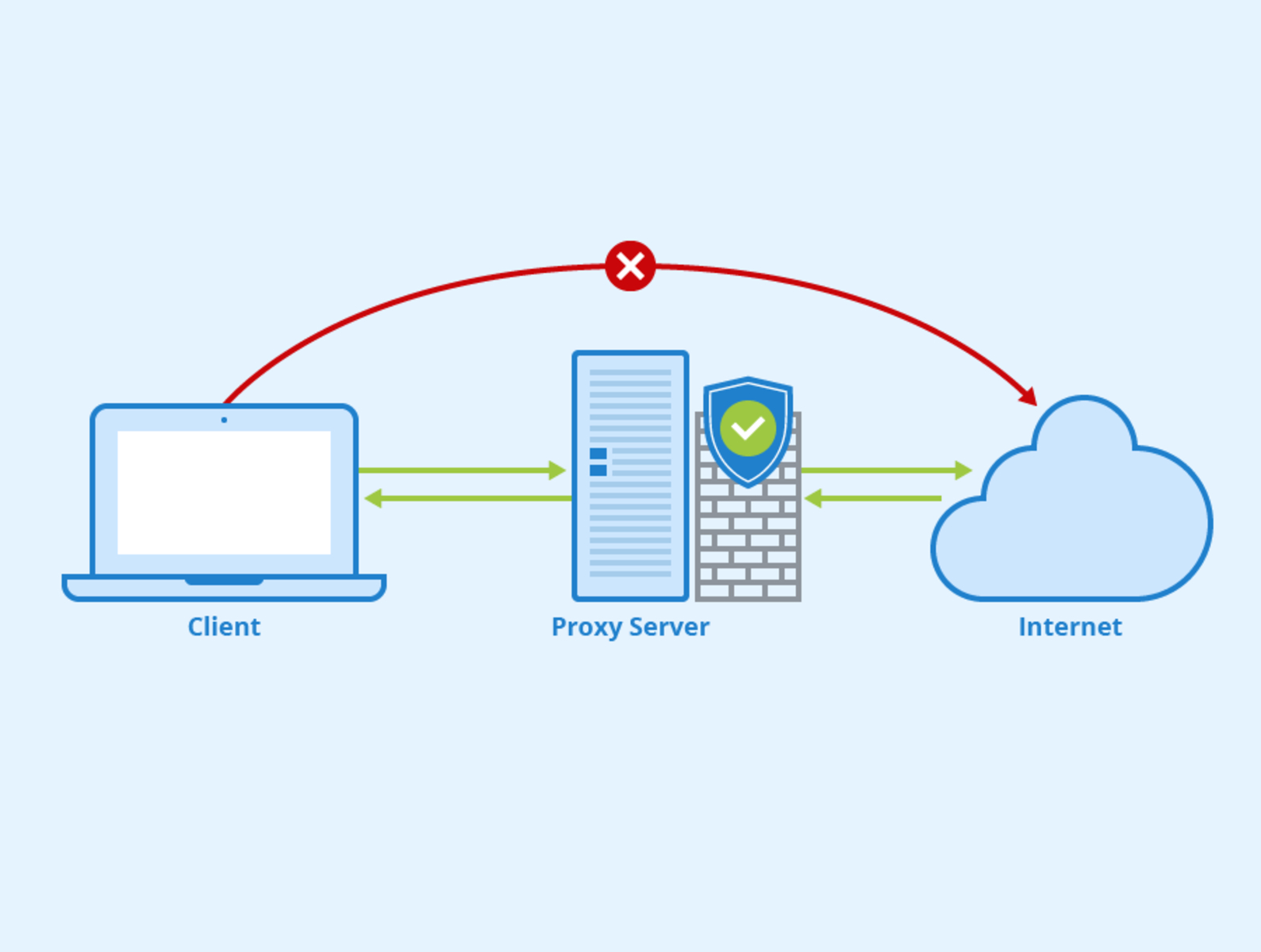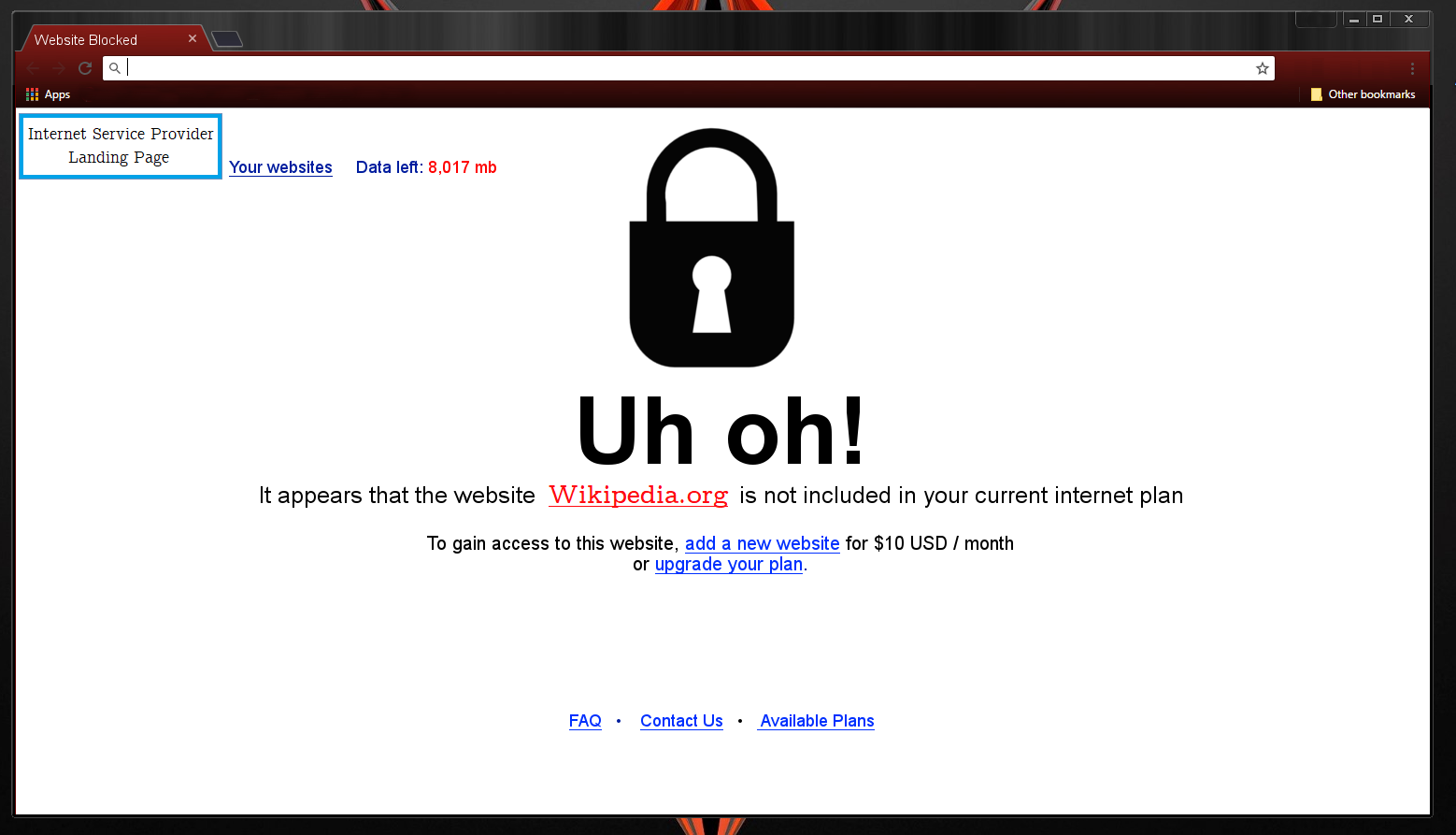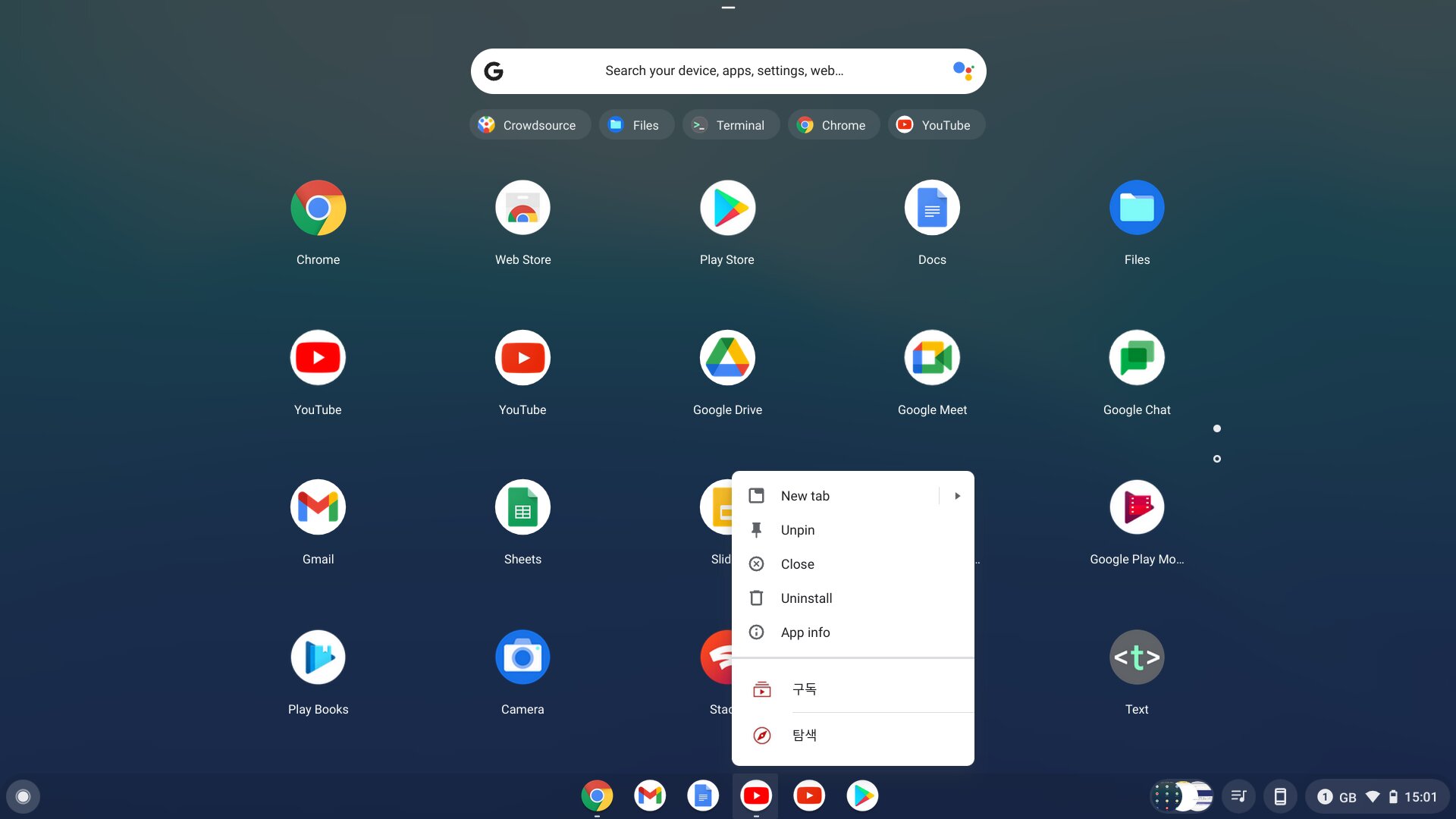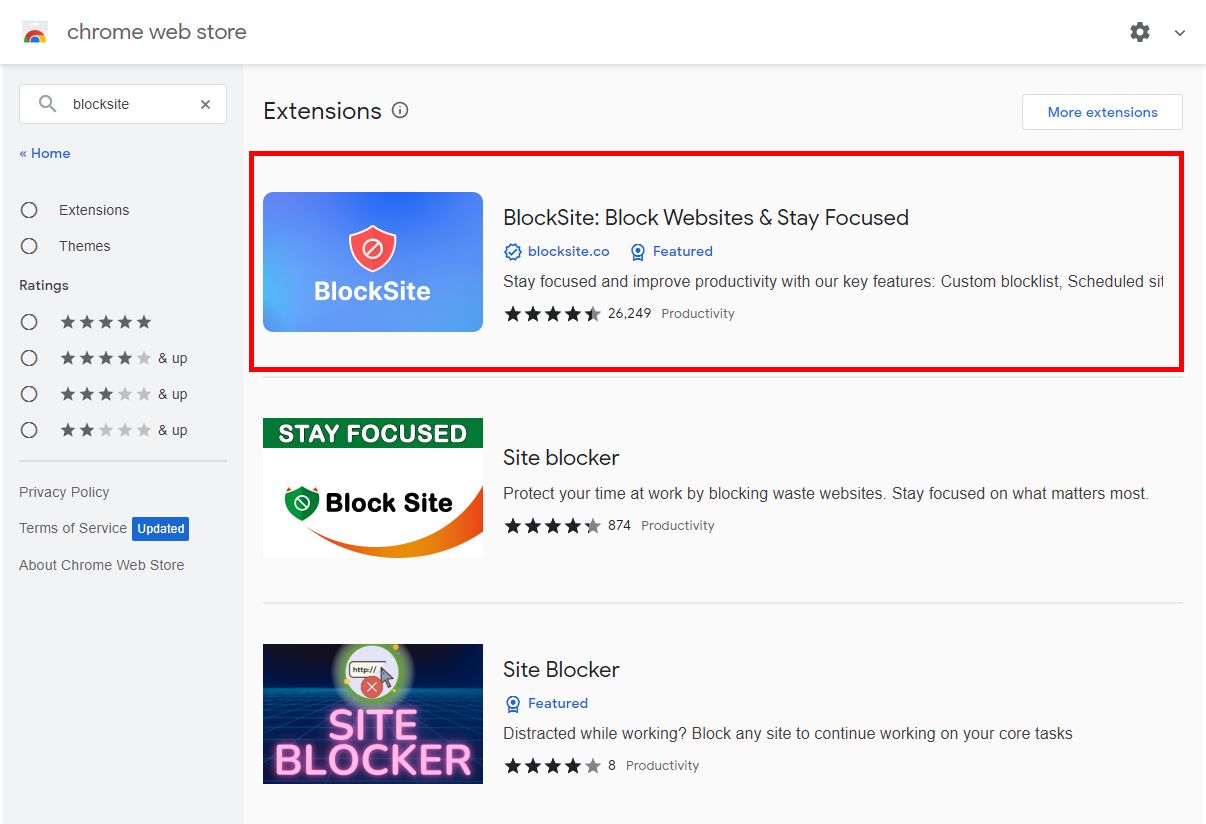What Is a VPN Proxy Server
A VPN proxy server, also known as a Virtual Private Network proxy server, is a tool that combines the functionality of both a Virtual Private Network (VPN) and a proxy server. This powerful combination provides users with enhanced online privacy and security.
A VPN proxy server acts as an intermediary between your device and the internet. When you connect to the internet through a VPN proxy server, your online traffic is routed through the server before reaching its destination. This adds an extra layer of encryption to your data, protecting it from prying eyes and potential cyber threats.
The primary function of a VPN proxy server is to mask your IP address and encrypt your internet connection. By masking your IP address, it prevents websites and online services from tracking your online activities and location. It also allows you to access geo-restricted content and bypass internet censorship imposed by certain countries or organizations.
A VPN proxy server not only provides security and privacy but also allows you to browse the internet anonymously. It hides your device’s IP address and replaces it with the IP address of the server, making it difficult for anyone to trace your online activities back to you.
In addition to protecting your privacy, a VPN proxy server offers various other benefits. For example, it can improve your internet speed and performance by caching frequently accessed web pages and files.
Moreover, using a VPN proxy server can unlock a world of opportunities for torrenting and online gaming. It provides a secure and private connection, allowing you to download and upload files anonymously or engage in multiplayer gaming without the fear of being tracked or targeted by hackers.
In summary, a VPN proxy server is a valuable tool for enhancing online privacy, security, and anonymity. It hides your IP address, encrypts your internet connection, and enables you to access blocked content. Whether you’re concerned about your online privacy or want to bypass censorship, a VPN proxy server is an effective solution.
How Does a VPN Proxy Server Work
A VPN proxy server works by creating a secure, encrypted tunnel between your device and the internet. When you connect to the internet through a VPN proxy server, all your internet traffic is routed through the server before it reaches its destination.
Here’s a step-by-step breakdown of how a VPN proxy server works:
- Encrypted Connection: When you initiate a connection to a website or online service, your device first establishes a connection with the VPN proxy server. This connection is encrypted, meaning that all data transmitted between your device and the server is jumbled and unreadable to anyone who might intercept it.
- Masking Your IP Address: As your data travels through the VPN proxy server, it replaces your device’s IP address with the IP address of the server. This masks your real IP address, making it difficult for websites and online services to track your activities or determine your actual location.
- Encrypting Data: The VPN proxy server encrypts your data using advanced encryption protocols. This ensures that even if your data is intercepted, it is unreadable and protected from unauthorized access.
- Bypassing Restrictions: Many VPN proxy servers have servers located in different countries. By connecting to a server in a specific country, you can bypass geo-restrictions and access content that is typically unavailable in your location. For example, if a website is only accessible from the United States, you can connect to a VPN proxy server located in the US to gain access.
- Secure Internet Connection: By routing your internet traffic through the VPN proxy server, you benefit from an additional layer of security. This protects you from potential threats such as hackers, malware, and cyberattacks that may be lurking on unsecured networks.
In summary, a VPN proxy server creates a secure, encrypted connection between your device and the internet. It masks your IP address, encrypts your data, and allows you to bypass geo-restrictions. By using a VPN proxy server, you can enjoy enhanced privacy, security, and access to the internet.
Benefits of Using a VPN Proxy Server
Using a VPN proxy server offers numerous benefits for individuals and organizations seeking to enhance their online experience. Here are some of the key advantages:
- Enhanced Privacy: One of the primary benefits of using a VPN proxy server is the increased privacy it provides. By encrypting your internet connection and masking your IP address, a VPN proxy server shields your online activities from prying eyes, whether it be your ISP, government agencies, or hackers.
- Improved Security: Alongside privacy, a VPN proxy server enhances your online security. The encryption used by VPN proxy servers ensures that your sensitive information, such as passwords and financial data, remains confidential and protected from potential cyber threats.
- Access to Geo-Restricted Content: Many online services restrict access based on geographic location. A VPN proxy server allows you to bypass these restrictions by masking your IP address and connecting to servers in different countries. This enables you to access content that would otherwise be unavailable in your region.
- Bypass Censorship: In regions where internet censorship is prevalent, a VPN proxy server is a valuable tool for accessing blocked websites and services. By encrypting your connection and routing it through a server in a different location, you can bypass censorship and freely access the internet.
- Secure Remote Access: For remote workers and organizations with distributed teams, a VPN proxy server enables secure access to company networks and sensitive data. This ensures that remote connections are encrypted and protected from potential security breaches.
- Anonymous Browsing: When you connect to the internet through a VPN proxy server, your real IP address is hidden, and your online activities are attributed to the server’s IP address. This allows for anonymous browsing, making it harder for websites and advertisers to track your online behavior and target you with personalized ads.
- Public Wi-Fi Protection: Public Wi-Fi networks are notorious for being insecure and susceptible to cyber threats. By using a VPN proxy server, you create an encrypted connection that keeps your data secure, even when accessing the internet on public Wi-Fi networks.
In summary, the benefits of using a VPN proxy server range from increased privacy and security to accessing geo-restricted content and bypassing censorship. Whether you’re an individual looking for online anonymity or an organization in need of secure remote access, a VPN proxy server provides a powerful solution.
Differences Between a VPN and a Proxy Server
While both VPNs and proxy servers offer some level of privacy and security, there are significant differences in how they work and the benefits they provide. Understanding these differences can help you choose the right tool for your specific needs. Here are the key dissimilarities between a VPN and a proxy server:
Encryption: One of the fundamental distinctions between a VPN and a proxy server is encryption. A VPN uses strong encryption protocols to secure your entire internet connection, whereas a proxy server only encrypts specific web traffic.
IP Address Masking: Both VPNs and proxy servers can mask your IP address, but they do it in different ways. With a VPN, your device’s IP address is replaced with the IP address of the VPN server, while a proxy server simply acts as a middleman between your device and the internet, without changing your IP address.
Data Handling: VPNs are designed to encrypt all data that passes through them, whereas proxy servers mostly handle web traffic without encryption. While this makes proxies faster, it also means that any non-encrypted data transmitted through a proxy server is susceptible to potential interception.
Device Compatibility: VPNs generally offer broader compatibility across different devices and operating systems. They can be used on computers, smartphones, tablets, and even routers. Conversely, proxy servers are often limited to web traffic and may have restrictions on specific applications.
Connection Speed: Proxy servers are typically faster than VPNs because they do not encrypt all internet traffic. If speed is a crucial factor for your online activities, such as streaming or online gaming, then a proxy server may provide faster performance.
Geo-Spoofing Abilities: VPNs are well-known for their ability to bypass geo-restrictions and access geo-blocked content. They achieve this by routing your connection through servers located in different countries. Proxy servers, on the other hand, can also provide some level of geo-spoofing, but they may not be as efficient as VPNs in bypassing strict geo-restrictions.
Anonymity: While both VPNs and proxy servers can offer a level of anonymity, VPNs are generally considered more secure in terms of protecting your online anonymity. VPNs encrypt all your internet traffic, making it harder for anyone to track your activities and link them back to you.
In summary, a VPN provides comprehensive encryption, secure and private access to the internet, and greater device compatibility. On the other hand, a proxy server offers faster speeds, selective application-level encryption, and some geo-spoofing abilities. Choose the tool that best aligns with your specific needs for privacy, security, speed, and accessing geo-restricted content.
Types of VPN Proxy Servers
There are different types of VPN proxy servers available, each with its own unique features and functionalities. Understanding these types can help you choose the one that best fits your specific needs. Here are some common types of VPN proxy servers:
- OpenVPN: OpenVPN is an open-source VPN protocol that offers high-level security and is widely regarded as one of the most secure options. It supports various encryption algorithms and can work on multiple platforms, making it a popular choice among privacy-conscious users.
- PPTP: Point-to-Point Tunneling Protocol (PPTP) is an older VPN protocol that is known for its simplicity and ease of use. While it is not as secure as other protocols, it is generally faster and widely supported across different platforms.
- L2TP/IPsec: Layer 2 Tunneling Protocol (L2TP) in combination with IPsec (Internet Protocol Security) provides a more secure VPN connection. L2TP encapsulates the data, while IPsec encrypts it, ensuring a higher level of security. It is compatible with most devices and offers solid performance.
- SSTP: Secure Socket Tunneling Protocol (SSTP) is a VPN protocol developed by Microsoft and is primarily used on Windows machines. It uses SSL/TLS encryption for secure communication and can bypass firewalls by using the standard HTTPS port (443).
- Proxy Servers: Proxy servers can also be used as VPN proxy servers. They act as intermediaries between your device and the internet, allowing you to route your internet traffic through them. While proxy servers may not provide the same level of encryption and security as dedicated VPN protocols, they can still offer some level of privacy and anonymity.
When choosing a VPN proxy server, consider factors such as security, compatibility with your devices, speed, and the level of privacy you require. It’s important to select a VPN proxy server that aligns with your specific needs and provides the level of protection and functionality you are looking for.
Additionally, keep in mind that some VPN services may offer a combination of protocols or allow you to choose the protocol that best suits your needs. Before selecting a VPN proxy server, research and compare different options to find the one that meets your requirements.
Choosing the Right VPN Proxy Server
When selecting a VPN proxy server, it’s essential to consider several factors to ensure you choose the right one that meets your needs. Here are some key considerations to keep in mind:
- Security and Privacy: Look for a VPN proxy server that prioritizes security and privacy. Ensure that the server uses robust encryption protocols and has a strict no-logs policy, meaning they don’t store any information about your online activities.
- Server Locations: Consider the server locations offered by the VPN proxy service. If you’re looking to access content from specific regions or bypass geo-restrictions, ensure that the service has servers in those locations.
- Connection Speed: Connection speed is crucial, especially if you engage in activities that require high bandwidth, such as streaming or online gaming. Look for VPN proxy servers that offer fast and reliable connections to ensure a smooth online experience.
- Device Compatibility: Check whether the VPN proxy server is compatible with the devices you intend to use it on. It should support the operating systems and devices you frequently use, such as Windows, macOS, iOS, or Android.
- Customer Support: Evaluate the quality of customer support provided by the VPN proxy service. It’s beneficial to choose a provider that offers prompt and reliable customer support, whether it’s through live chat, email, or phone.
- Price and Plans: Consider your budget and the pricing plans offered by different VPN proxy services. Some providers offer free options, but paid services usually provide more features and better performance. Compare pricing plans and choose one that offers the right balance of affordability and functionality.
- Reviews and Reputation: Do some research and read reviews from trusted sources or users to gauge the reputation and reliability of the VPN proxy server. Look for positive feedback regarding security, speed, and overall user experience.
Avoid choosing a VPN proxy server solely based on marketing claims or popularity. Take the time to evaluate your specific requirements and find a VPN proxy service that aligns with your needs and priorities.
Remember, selecting the right VPN proxy server is crucial for ensuring your online privacy, security, and convenience. By considering these factors and conducting thorough research, you can make an informed decision and choose a VPN proxy server that provides the best possible experience.
Setting Up and Configuring a VPN Proxy Server
Setting up and configuring a VPN proxy server may seem daunting at first, but with the right guidance, it can be a straightforward process. Here are the steps to help you get started:
- Select a VPN Proxy Server: Choose a VPN proxy server provider that suits your needs and sign up for an account. Ensure that they offer the necessary features and functionality you require.
- Download and Install the Client: Most VPN proxy server providers offer client software that simplifies the setup process. Download the client onto your device, whether it’s a computer, smartphone, or tablet, and follow the installation instructions.
- Login and Connect: Launch the VPN proxy server client and enter your login credentials. Once logged in, you’ll usually have the option to choose the server location you want to connect to. Select a server and click on the “Connect” button to establish a connection.
- Configure Settings: In some cases, you may want to configure additional settings to customize your VPN proxy server experience. This may include options such as selecting specific protocols, enabling kill switches, or configuring DNS settings. Familiarize yourself with the client’s settings and adjust them according to your preferences.
- Test the Connection: After connecting to the VPN proxy server, it’s essential to test the connection to ensure it’s working correctly. Visit a website that reveals your IP address, and confirm that it shows the IP address associated with the VPN proxy server rather than your actual IP address.
- Optimize for Specific Needs: Depending on your requirements, you may want to optimize the VPN proxy server settings for specific tasks. For example, if you’re streaming content, you may want to connect to a server optimized for streaming to ensure a smooth and uninterrupted experience.
- Regularly Update and Maintain: Keep your VPN proxy server client and any related apps up to date to benefit from the latest security enhancements and bug fixes. Additionally, periodically review and adjust your settings based on your evolving needs and preferences.
Remember that specific steps may vary depending on the VPN proxy server provider and client you choose. Consult their documentation or support resources for detailed instructions tailored to their service.
By following these steps and familiarizing yourself with your VPN proxy server client, you can set up and configure your VPN proxy server quickly and efficiently, ensuring a secure and private online experience.
Common Questions About VPN Proxy Servers
Here are some common questions and answers about VPN proxy servers:
- What is the difference between a VPN and a proxy server?
- Will a VPN proxy server slow down my internet speed?
- Can I use a VPN proxy server to access streaming services?
- Are VPN proxy servers legal to use?
- Can I use a VPN proxy server on multiple devices?
- Are VPN proxy servers completely anonymous?
- Can I use a VPN proxy server on public Wi-Fi networks?
A VPN provides a secure and encrypted connection to the internet, while a proxy server acts as an intermediary between your device and the internet without encryption.
While using a VPN proxy server may slightly decrease your internet speed due to the encryption and routing processes, the impact is typically minimal. The actual speed reduction depends on factors such as server location, server load, and your internet connection quality.
Yes, a VPN proxy server can help bypass geo-restrictions and give you access to streaming services that are typically limited to specific regions. By connecting to a server in the desired location, you can access content as if you were physically located there.
In most countries, using a VPN proxy server is legal. However, it’s essential to respect the laws and regulations of the specific jurisdiction you are in. Be aware that using a VPN proxy server to engage in illegal activities is still illegal regardless of the technology used.
Yes, most VPN proxy server providers offer support for multiple devices. You can typically install the VPN client on various devices and connect them to the VPN proxy server using the same account credentials.
While using a VPN proxy server enhances your online anonymity, it’s important to note that it’s not a foolproof method. VPN providers may keep logs or have limitations that could potentially trace back your activities. To maximize anonymity, choose a VPN proxy server provider with a strict no-logs policy.
Yes, using a VPN proxy server on public Wi-Fi networks is highly recommended. It helps protect your data from potential threats and ensures that your connection is encrypted and secure even on unsecured networks.
These are just a few of the common questions surrounding VPN proxy servers. It’s important to conduct thorough research and consult the specific VPN proxy server provider’s support resources to gain a comprehensive understanding of how their service works and how it can benefit you.
Conclusion
VPN proxy servers offer a powerful solution for individuals and organizations looking to enhance their online privacy, security, and access to the internet. By combining the functionalities of both VPNs and proxy servers, these tools provide a range of benefits that help protect your data, mask your identity, and bypass restrictions.
A VPN proxy server creates a secure, encrypted connection between your device and the internet. It not only masks your IP address but also encrypts your internet traffic, adding an extra layer of protection against potential cyber threats. Additionally, VPN proxy servers allow you to access geo-restricted content, bypass censorship, and browse the web anonymously.
When choosing a VPN proxy server, consider factors such as security, server locations, connection speed, device compatibility, and customer support. Also, take the time to explore different VPN proxy server types and protocols to find the one that best suits your needs.
Setting up and configuring a VPN proxy server is relatively straightforward with the help of client software provided by VPN proxy server providers. Follow the recommended steps, customize the settings based on your preferences, and regularly update and maintain your VPN proxy server client for optimal performance and security.
Common questions about VPN proxy servers often cover their differences from proxy servers, impact on internet speed, ability to access streaming services, legality, and anonymity. Conduct research, read reviews, and consult the VPN proxy server provider’s support documentation to gain a comprehensive understanding of how their service works and its specific features.
In conclusion, VPN proxy servers are valuable tools for anyone seeking to protect their online privacy, secure their internet connection, and access unrestricted content. By choosing the right VPN proxy server, setting it up properly, and understanding its functionalities, you can enjoy a safer and more private internet experience.







